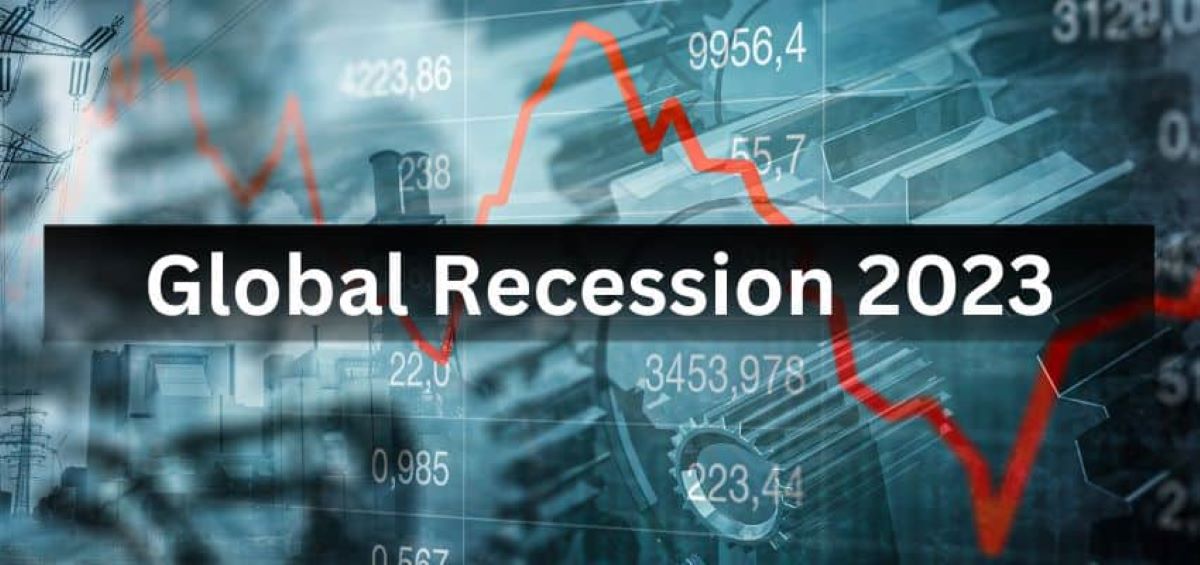While one cannot predict the future and provide a definitive list of reasons for an impending recession in 2023. However, based on current economic trends and expert analysis, one can provide a possible list of factors that could contribute to a potential economic downturn in the current year.
1) Inflation: Inflation has been a growing concern for many economies in recent years. The rapid increase in the cost of goods and services can lead to a decrease in consumer spending and a slowdown in the overall economy.
2) Interest Rates: As the global economy continues to recover from the COVID-19 pandemic, central banks may choose to raise interest rates to prevent the economy from overheating. Higher interest rates can make it more expensive for businesses to borrow, which can lead to a slowdown in investment and hiring.
3) Trade Disputes: Trade disputes and tariffs can lead to a decrease in global trade and investment, which can negatively impact economic growth.
4) Geopolitical Tensions: Political instability, conflicts, and other geopolitical tensions can create uncertainty in the global economy, which can lead to a decrease in investment and consumer spending.
5) Supply Chain Disruptions: The COVID-19 pandemic has highlighted the vulnerabilities of global supply chains. Ongoing disruptions, such as natural disasters or cyberattacks, can lead to a decrease in production and a slowdown in economic growth.
6) Debt Levels: Many countries and companies have taken on significant amounts of debt in response to the COVID-19 pandemic. High levels of debt can lead to a decrease in investment and can limit the ability of governments to respond to future economic crises.
7) Climate Change: The effects of climate change, such as natural disasters and extreme weather events, can negatively impact economic growth and productivity.
8) Demographic Shifts: As populations age, the proportion of workers to retirees can decrease, leading to a decrease in economic growth and increased pressure on government budgets.
9) Technological Disruptions: Rapid advancements in technology can lead to significant disruptions in industries, which can lead to job losses and a decrease in economic activity.
10) Policy Changes: Changes in government policies, such as increased regulation or changes in tax policies, can impact businesses and consumers, potentially leading to a decrease in economic growth.
While these are not the only potential factors that could contribute to a potential recession in 2023, they highlight some of the major issues that could impact the global economy. It is important to note that economic cycles are often unpredictable, and the severity of a potential recession will depend on a variety of factors that cannot be fully anticipated or controlled.


COMMENT
Very truthful information. One of the big role covid pandemic for reasons.